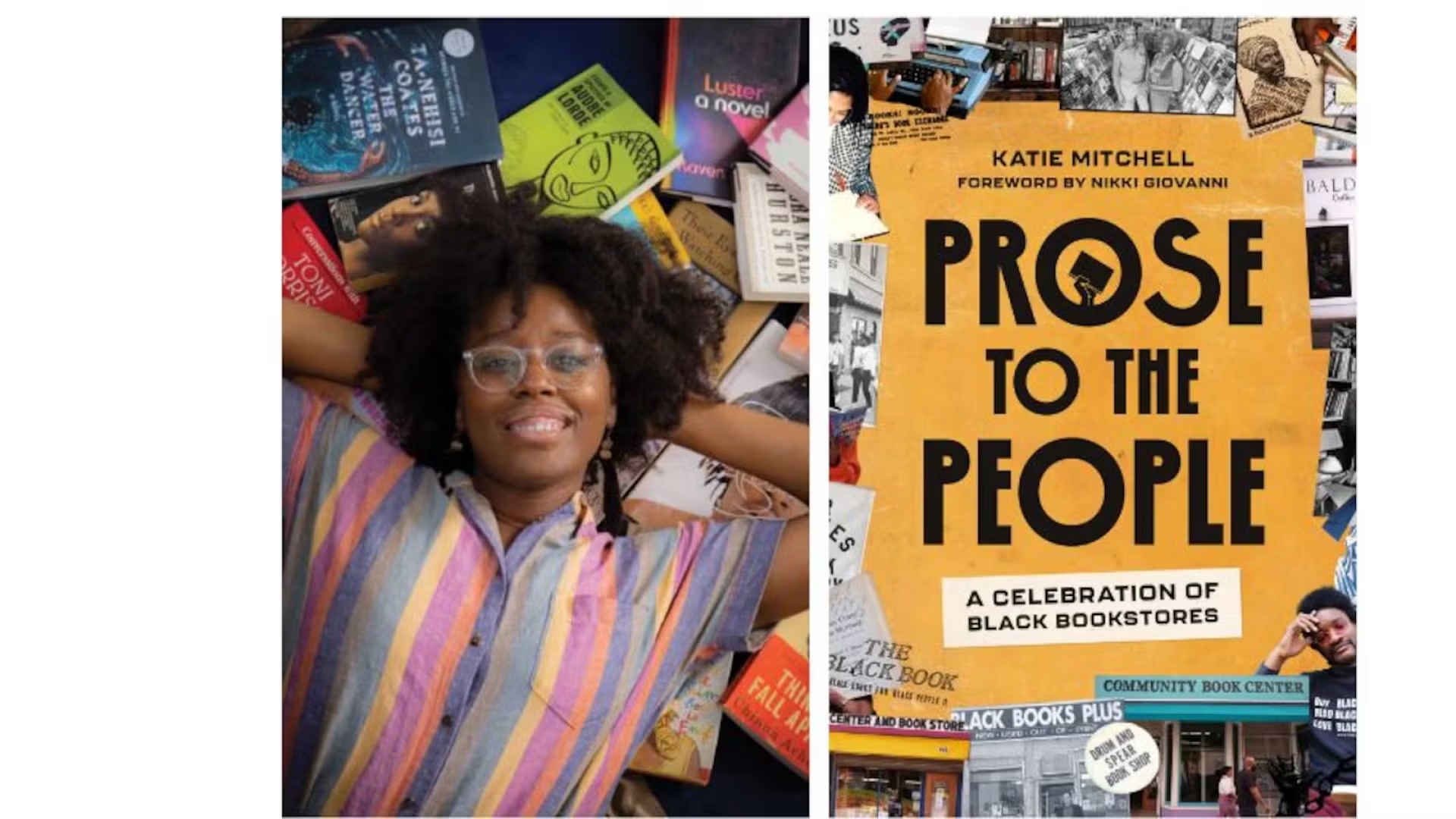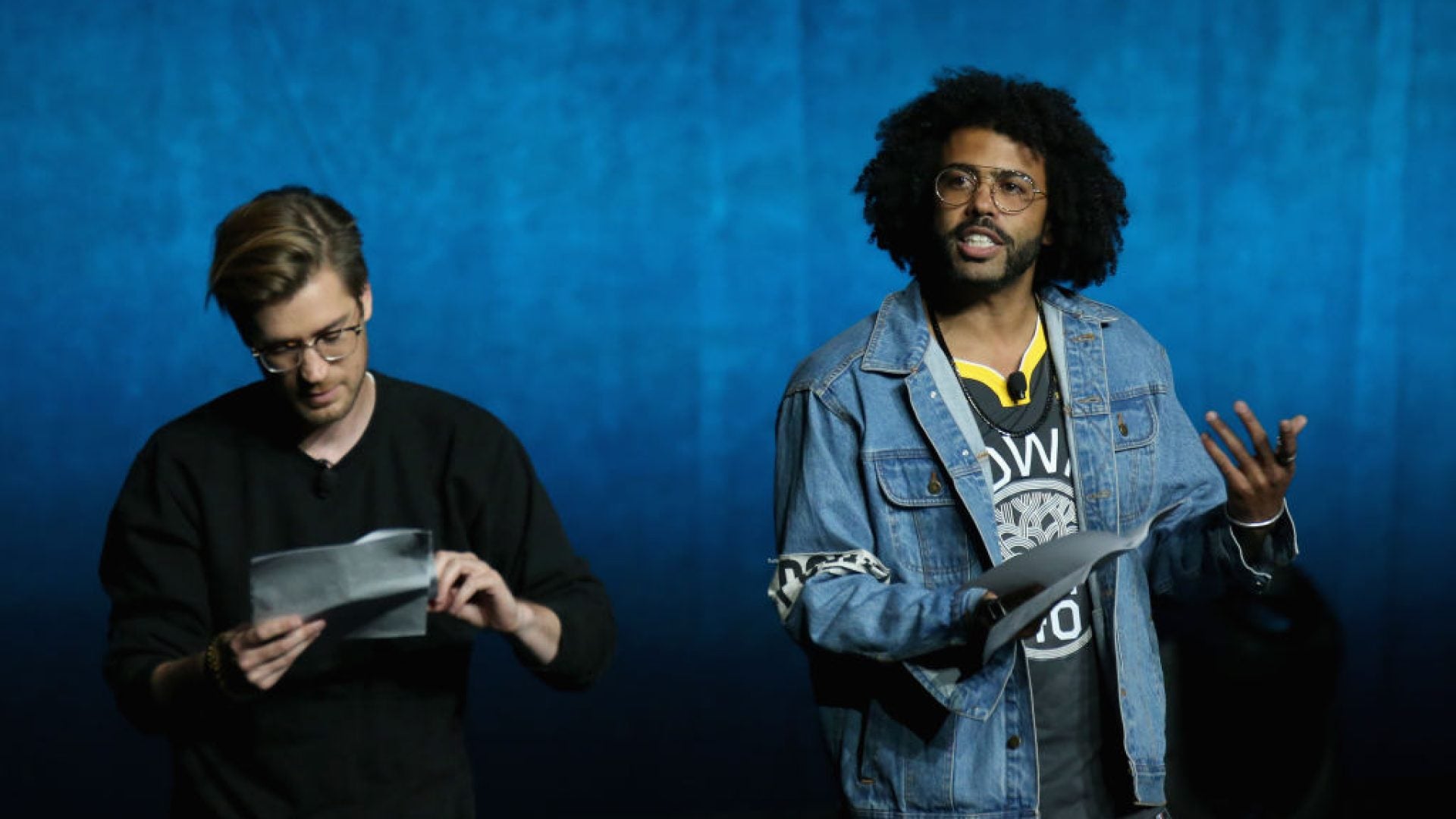
At every step of their career, showrunners Rafael Casal and Daveed Diggs have been intentional and diligent about infusing an element of social justice into their work.
The two Bay area natives, hailing from Berkeley and Oakland, first met in high school on the poetry scene and later became collaborators after college. The duo sat down with ESSENCE to discuss the importance of impact-driven content and their commitment to giving back to their community.
As Casal shared, “so much of our upbringing was intensely immersed in protests and the politicized world around us.”
“I think the vernacular of resistance was baked into some of our first words,” he chuckled. “We remember our first protests as like baby memories, and so I think the idea of having a component of your life always be about some aspect of the greater social good feels akin to just what it means to be alive.”
Diggs echoed these sentiments, adding, “It wasn’t until much later that I knew that art could be not for a social justice reason.”
Diggs also spoke on why they’re compelled to produce “the kinds of stories that we tell and who we are centering,” for instance “trying to show the humanity of people who are incarcerated. You don’t know why they got there.”
As artists and creators, Casal and Diggs are trying to use the world of entertainment to push the narratives of underrepresented people of color forward. The duo, they say, approaches “things with an entertainment first aesthetic, but try to never lose sight of the real-world issues that are at play…Let’s make sure that what we’re discussing do not ignore the stakes of the real world.”
A new development for the pair has revolved around how to continue the movement after the camera stops rolling.
Casal shared how they have started hosting Screenwriters’ Salons for artists in the Bay area, noting “there isn’t really a pipeline for Bay Area creatives,” so they “wanted to get all the writers together because it starts with words on the page and creating a community.”
Brianna Jay, a Salon participant, shared with ESSENCE that, “After the Salon, I felt more inspired than I had in so long! I went home and edited and refined some of my work because I was finally confident enough to submit it to pitch competitions and script competitions.” Jay said the Salon gave her confidence to submit three pieces to competitions.
“I can’t say enough good things about the Salon. It’s positively impacted my life and I am forever grateful for the relationships I’ve formed with like-minded creatives,” said Andrea Winkler, another participant of the Salon.
Both Casal and Diggs are cognizant of the political climate we are currently embroiled in. As Diggs told ESSENCE, “We are dedicated to highlighting things that are happening locally. Specificity is becoming more important, particularly in this country in the way that policy and politics are working nationally [and] are continuing to fail us.”
Casal chimed in, “first and foremost, our job is to put up a version of that world that we’re in and the one we want to see and go ‘hey, how do we get there?’” Daveed interjected, “We have a responsibility to present the counternarrative, which is just the actual narrative.”
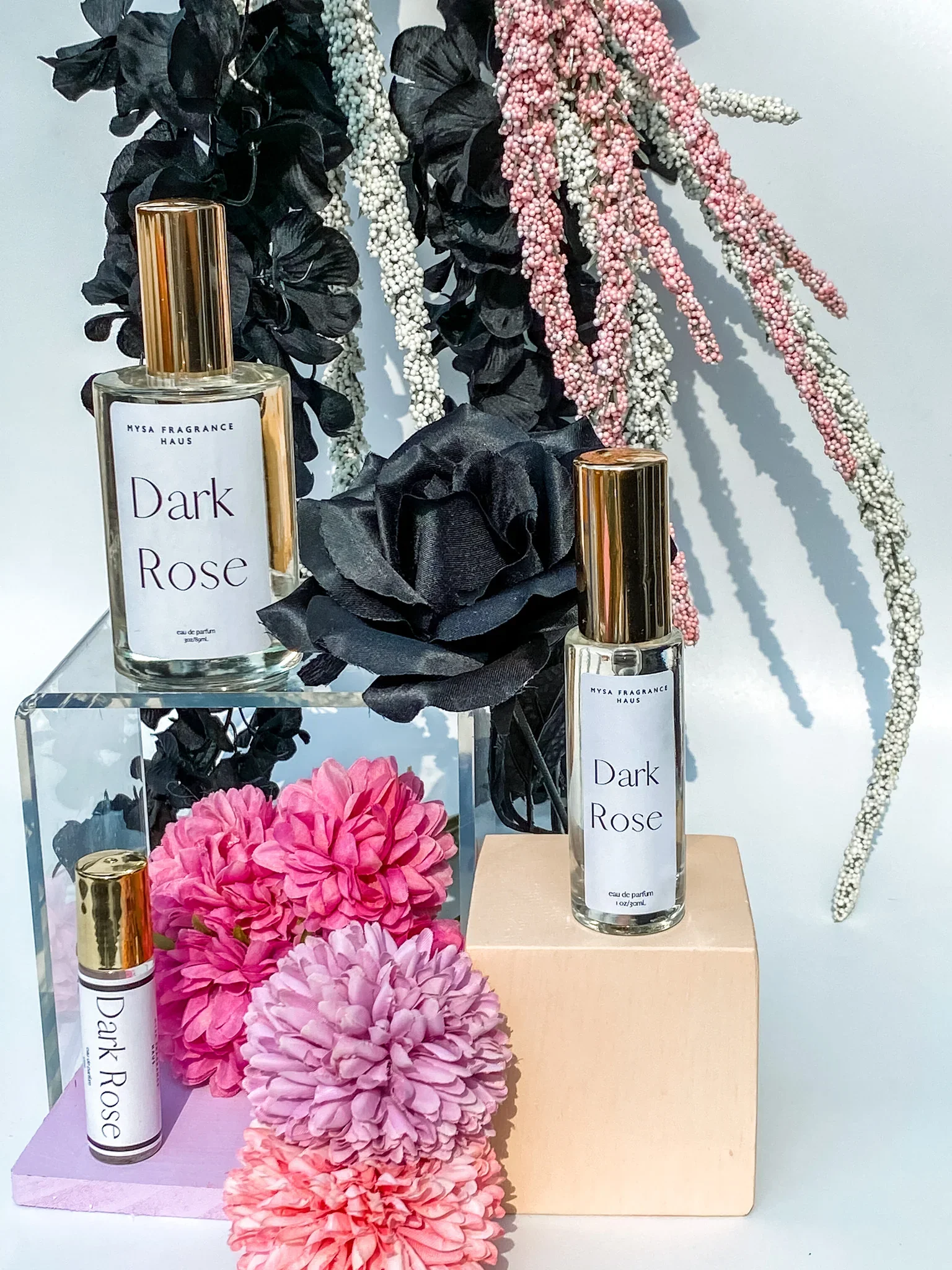
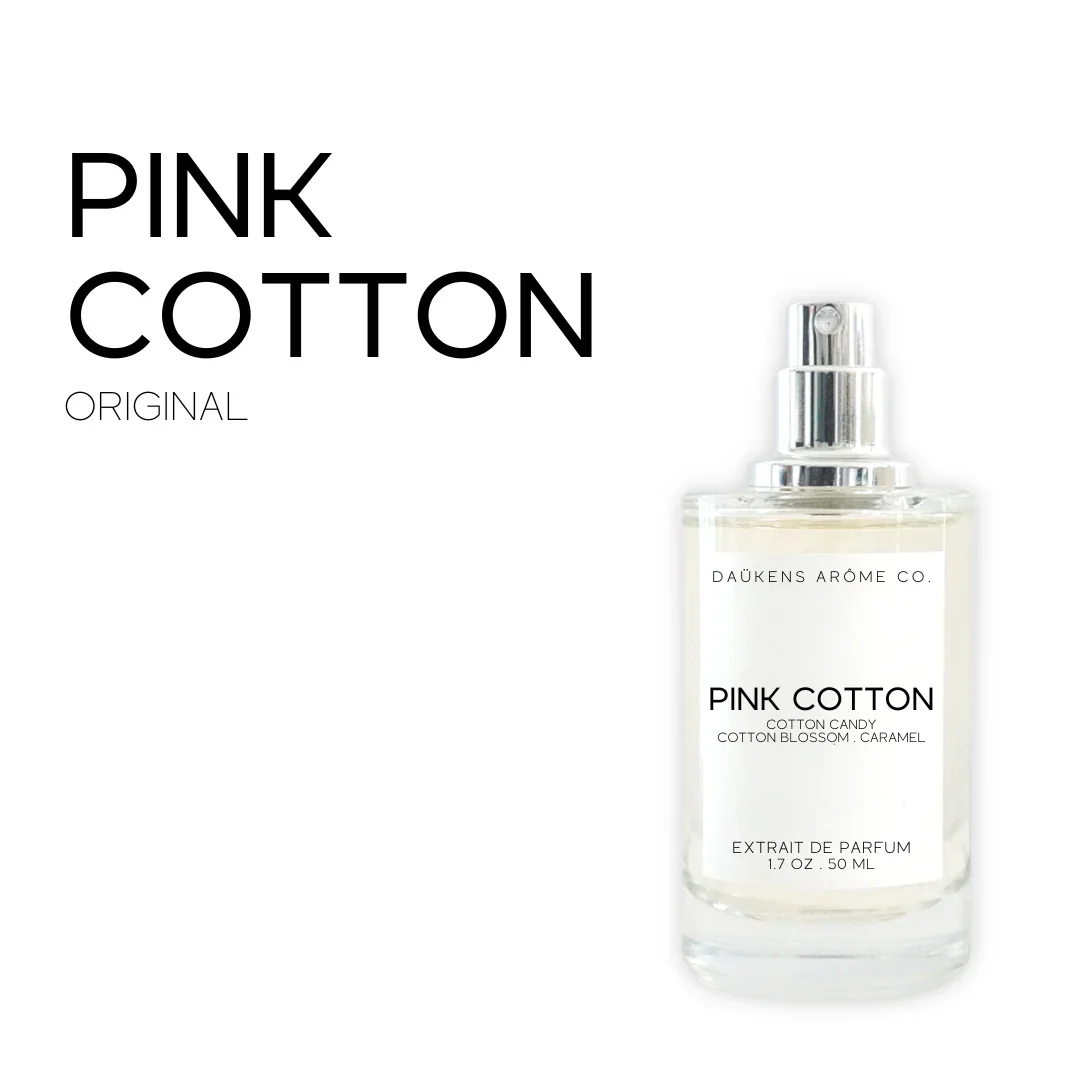
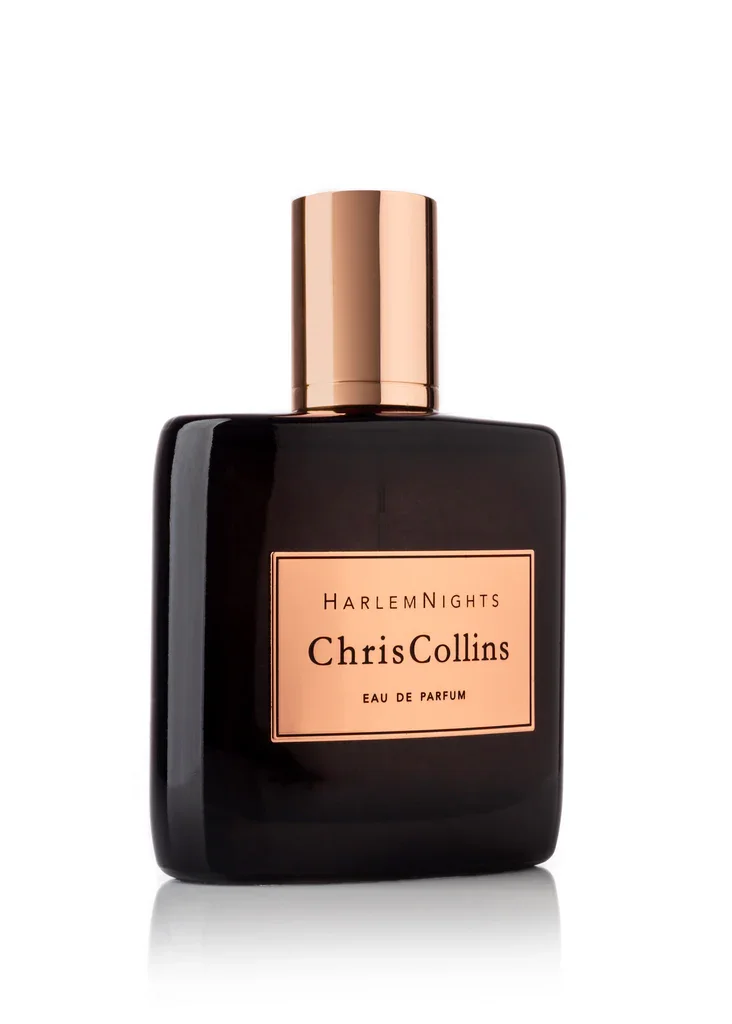

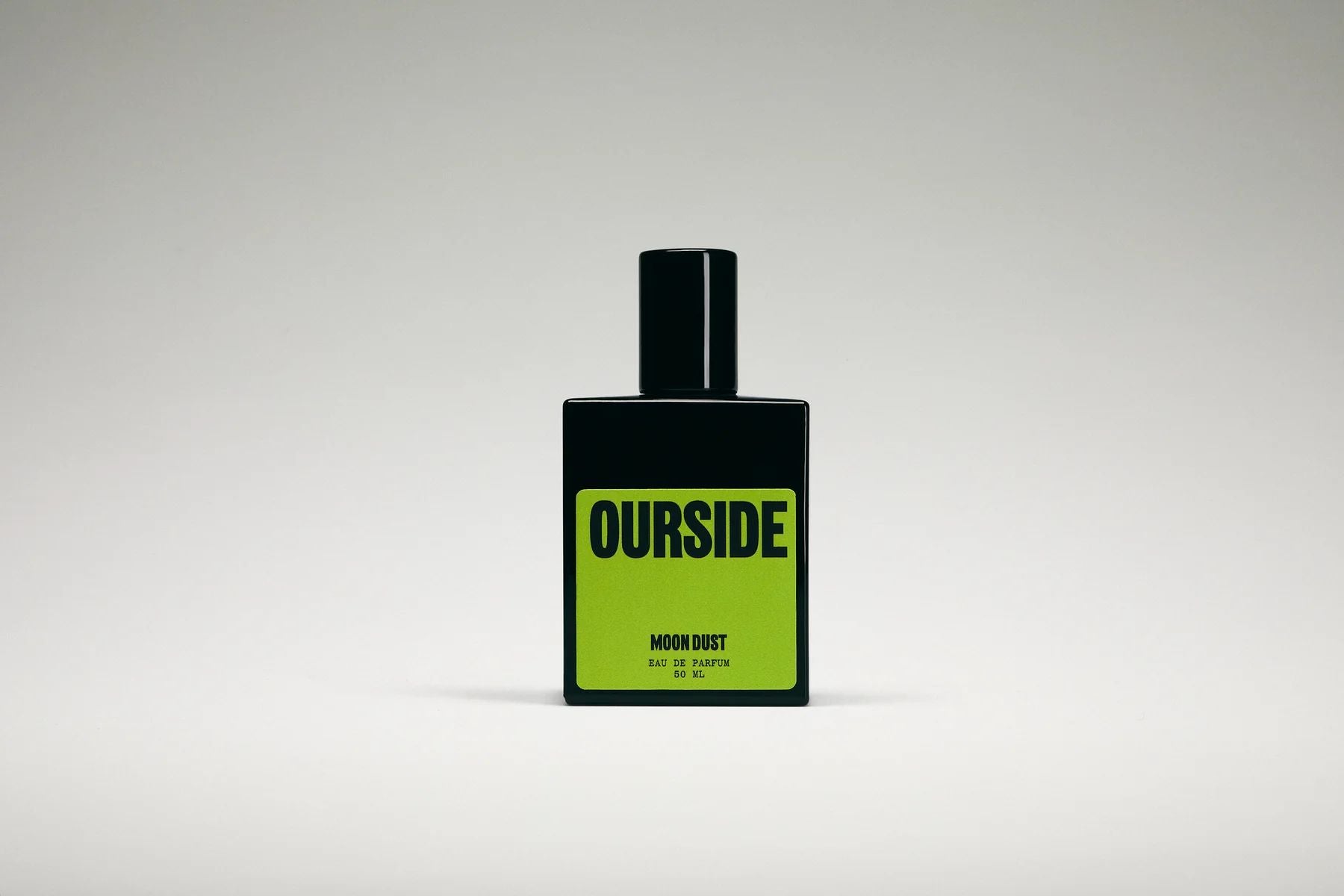
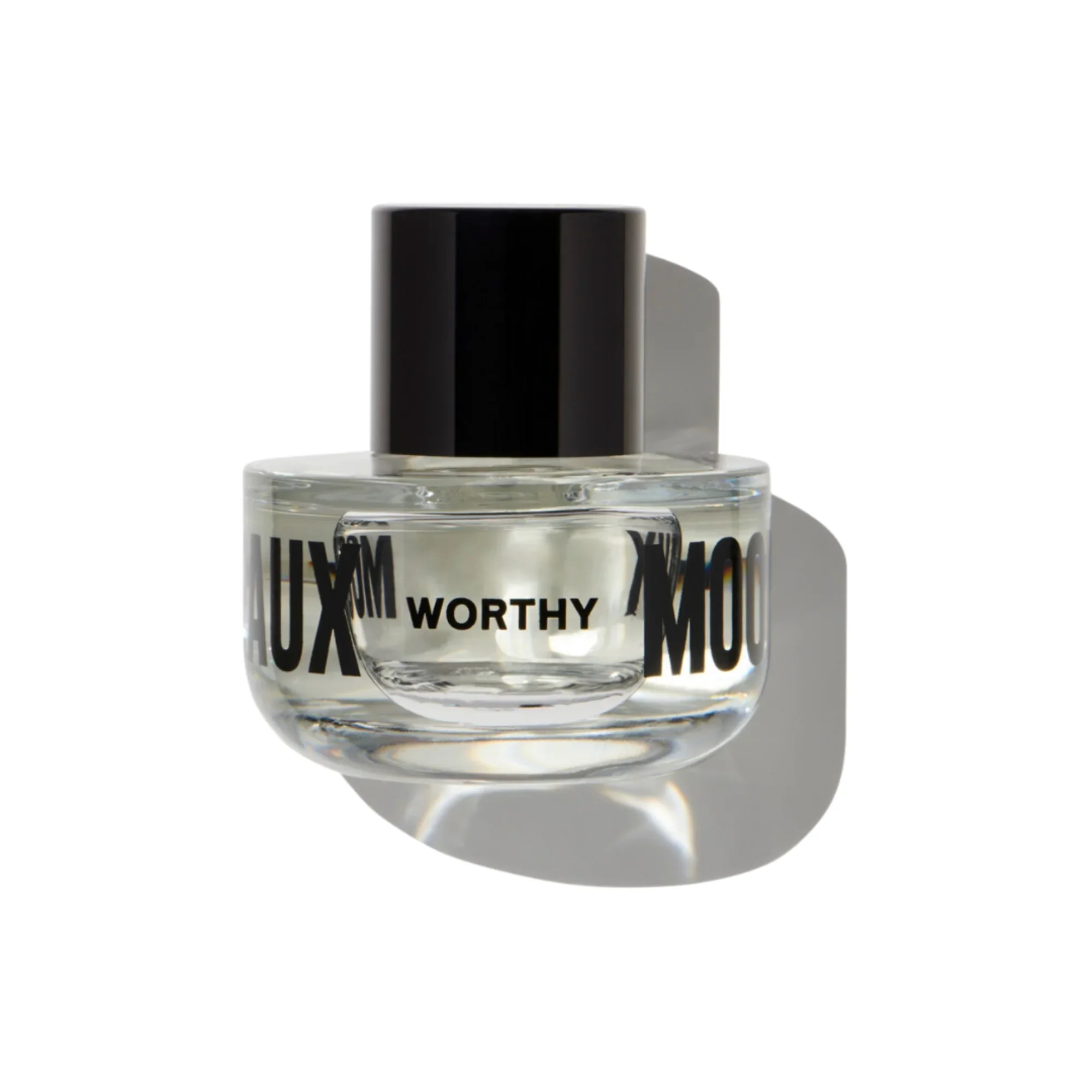



![[EXCLUSIVE] SiriusXM Launches ‘Mary J. Blige Radio’ In Celebration Of Women’s History Month](https://www.essence.com/wp-content/uploads/2025/03/MJB-1920x1080.jpg)
